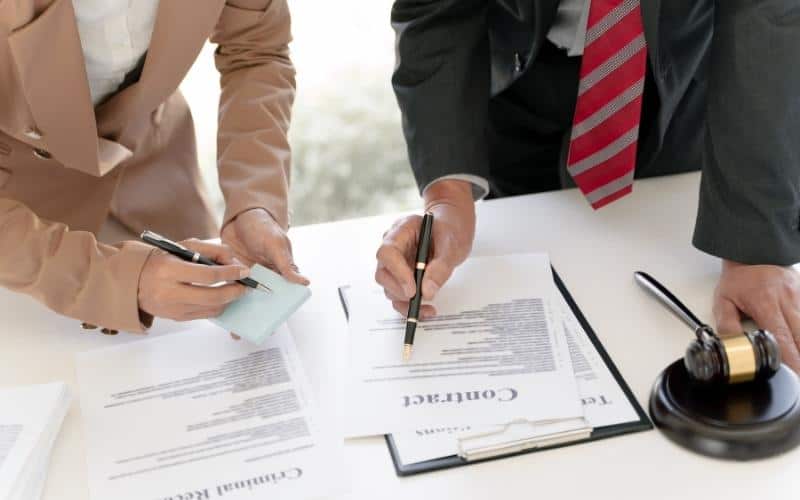Can you become a lawyer with a criminal record in Australia? When you interact with or contemplate a lawyer, you may see someone who assists you in avoiding legal issues so that it does not show on your records months or years in the future. It is often the truth. Maybe you’ve wondered whether lawyers can have criminal backgrounds in the same way that ordinary people can.
Yes, it is correct. Lawyers are there to assist us when we are in crisis, but they are still humans and can make bad decisions or mistakes, just like everyone else in the same situation.
If a lawyer has a criminal background, they can still operate throughout most states; yet, it is highly dependent on the details and the jurisdictions in which they dwell. Before getting authorized to work as a lawyer, every lawyer must always be reviewed and undergo a character and moral fitness assessment.
Some people seem to believe that anyone with a criminal record should be barred from becoming a lawyer. In Australia, though, the policy is far more flexible. Notwithstanding having a substantial criminal history, courts have regularly determined that someone could be “fit and proper.”
What does it imply to be “fit and proper”?
According to the NSW Legal Profession Act, the law society will consider whether an individual is “fit and appropriate” to practice law:
- Are presently well-known and well-liked.
- Have you ever been subjected to any sort of punitive proceedings?
- Have you ever been bankrupt and had to go through an administration?
- Are now unable to meet the fundamental criteria of practice
- Is there an unsettled complaint, inquiry, accusation, or law record involving a criminal history, and what is the nature and extent of such record?
- Are also unable to meet the inherent criteria of practice
- Have you broken any trust money or trust account laws?
- Have you ever worked as a lawyer while not certified in Australia or abroad?
- Their name has been deleted from any local, interstate, or international role.
- Have had an order preventing them from working for, or as a partner in, an Australian licensed professional or incorporated legal practice, and
So, while a criminal past is a consideration, it will not always bar a candidate from becoming a lawyer.
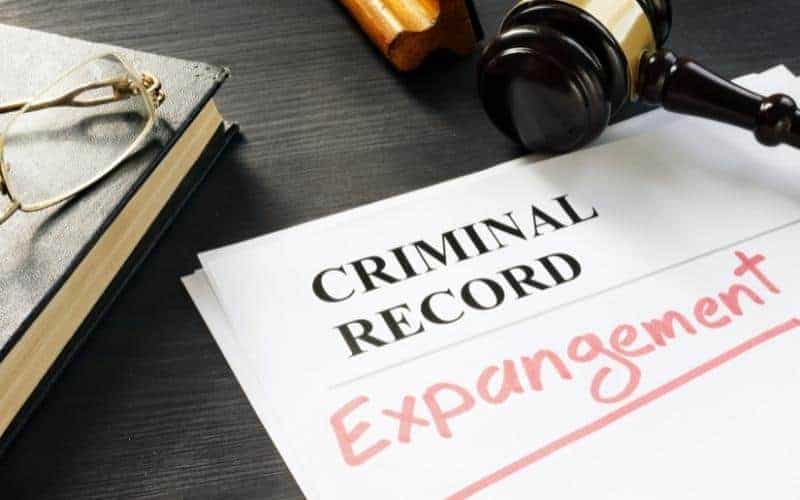
Is it possible to be a lawyer if you’ve had a criminal record?
A criminal record might make it extremely difficult for a lawyer to advance in their job and for someone aspiring to be a lawyer. Yet, just because they haven’t been found guilty of a crime and are attempting to work as a lawyer one of the very few states that prohibit felony defendants from doing so doesn’t imply it’s impossible!
If a lawyer breaks a law after obtaining their license, there are several options, although most of them result in instant revocation. The suspension will endure till a permanent decision is reached on whether the suspension should be prolonged, the lawyer should be removed from the bench, or if good cause can be demonstrated and the sanctions can be waived.
When a practicing lawyer is accused of a significant offense, they are normally instantly disbarred but can reclaim their license once a certain amount of time has passed. Disbarment indicates that a lawyer’s license has been revoked and that he or she is no longer allowed to practice law. To be disbarred, some jurisdictions have determined that the crime should be of “moral turpitude,” or including fraud or ethical lapses.
Coercion, fraud, deceit, bribery, and theft are some of the acts that could contribute to this judgment. In conclusion, the seriousness of a lawyer’s legal penalties for committing a crime is determined by the conduct performed and the jurisdiction in which the lawyer is registered. If a person is accused before beginning to practice law and the offense does not fit the definition of moral turpitude, the individual can still continue their desire of being a lawyer after some time has passed.
Please remember that it may not be a straightforward experience, based on the seriousness of the crime done.
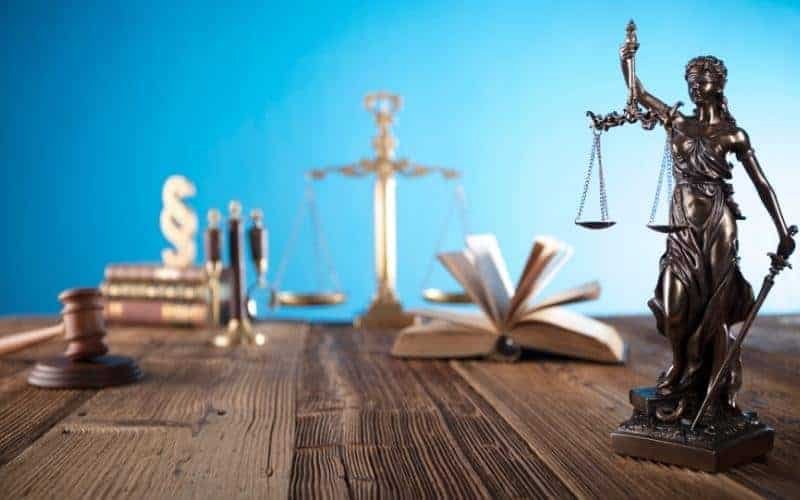
Honesty In the legal system
The legal system relies on the honesty and integrity of legal professionals in so many ways, thus it’s understandable that there are limitations on who can enroll. To be recognized as a lawyer, you must have been a well-known and trustworthy individual. Does this, however, imply that every applicant should have a clean record? Passing an exam will almost certainly be authorized; nonetheless, it is not the primary determining factor in obtaining a law license.
A candidate should also undergo a moral character test. They really like to know that the person interested in becoming a lawyer has learned an important lesson. They also require proof that the person is no longer dangerous to others and will not resume the activities. Being in difficulty with the law does not automatically disqualify you, although you will be required to reveal any criminal background.
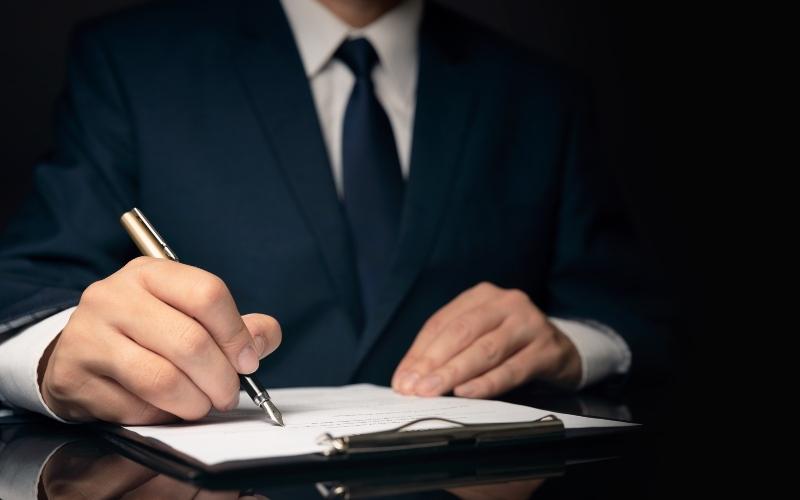
NSW Legal Practitioners Act, Section 9
According to a part of the NSW Legal Practitioner Act, anybody really interested in becoming a practicing lawyer must reveal if they have ever been convicted of the crime in Australia and any other country, as well as details about the nature of the violation, when and how long ago the offense was committed, as well as the age of the individual who decided to commit the offense.
This covers any court-ordered conviction that won’t result in a successful prosecution, such as a section 10 dismissal or conditioned release order.
Any judgment of conviction by a tribunal, along with a university panel, is also included. All negative disciplinary judgments must be made public as well. The Board will make judgments on your appropriateness once they have been revealed. You can file an appeal and have your matter considered by a court or tribunal if you concur with it. Many applicants have been allowed to practice despite possessing criminal backgrounds, particularly where their actions were not fraudulent.
Although having multiple felony records, the Victorian Supreme Court determined a female candidate to be an eligible candidate in one instance. She had been sexually molested by her brother, and as a result of her despair and heavy drinking to deal with her pain, she began making obscene phone conversations with police, including the one where she threatened to shoot a female police officer.
She was convicted of criminal damage to the property, assaulting a police officer, and using a telecommunications service to threaten, intimidate, or offend. She was sent to a psychiatric facility, yet she remained to offend after her discharge. She had miraculously managed to finish her legal degree at that period.
She gave up drinking and attended Alcoholics Anonymous, and in the months leading up to her entrance applications, she had only incurred a few traffic violations. Her application for admittance was immediately denied by the Board, but the decision was overturned by the courts after the court determined that the charges stemmed from her mental health problems, which had now changed. Her acknowledgment of responsibility and remorse were also factors considered by the court.
Related Article: How Much Does A Criminal Defense Lawyer Cost
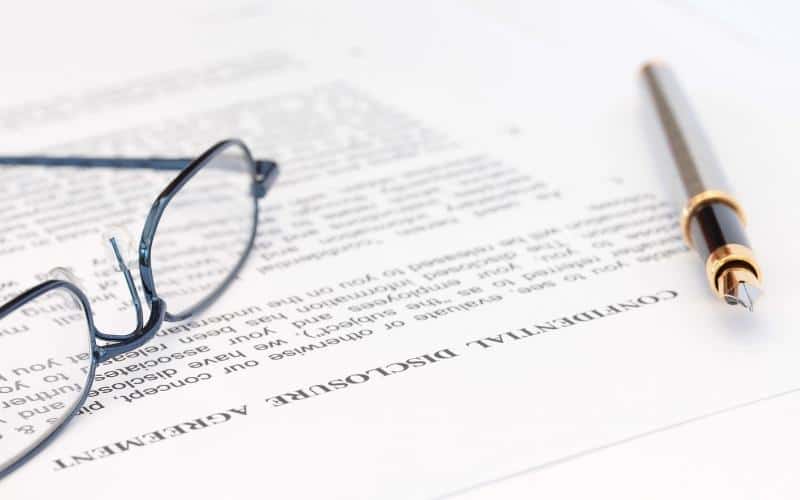
Obligations of disclosure
As previously indicated, the obligation to disclose does not only apply to court rulings; it also applies to adverse conclusions of tribunals, including university tribunals. This indicates that aspirants who have copied or are involved in any other form of academic dishonesty might well be ruled ineligible to serve.
Even accusations for which you were convicted must be revealed. In one instance, a man named Del Castillo was charged with homicide and ultimately freed. He did not reveal this, however, when the truth was revealed, the court concluded that this should have been told. However, not all misbehavior must be revealed: small traffic violations and parking fines, for instance, will not be considered.
As a result, getting a criminal record past isn’t always a deterrent towards becoming a lawyer, but it’s always a good idea to reveal all applicable crimes, judgments of guilt, and negative events when applying for admittance. It’s also a great thing to attach a “show cause” letter that explains the circumstances of your transgression and what you’ve done to improve amends since then.
Lawyers, like the lot of us, are flawed individuals. Lawyers come in a variety of shapes and sizes, extending from criminal defense lawyers to immigration lawyers and everything in between. Although we typically think of lawyers as helping us protect our rights or keep a conviction off our record, they may have their own criminal history.
Whether the incident occurred before they were authorized to work as a lawyer or after they had been, the legal ramifications of the action taken by the court can vary substantially based on the intensity and place of the occurrence.
Lawyers, in the great scheme of things, can have a criminal record. Getting a criminal record can either discourage or encourage somebody to pursue a career as a lawyer. It may inspire people to help everyone else in their time of dire need of help, despite the fact that the path might well have a just few bumps along the way.
